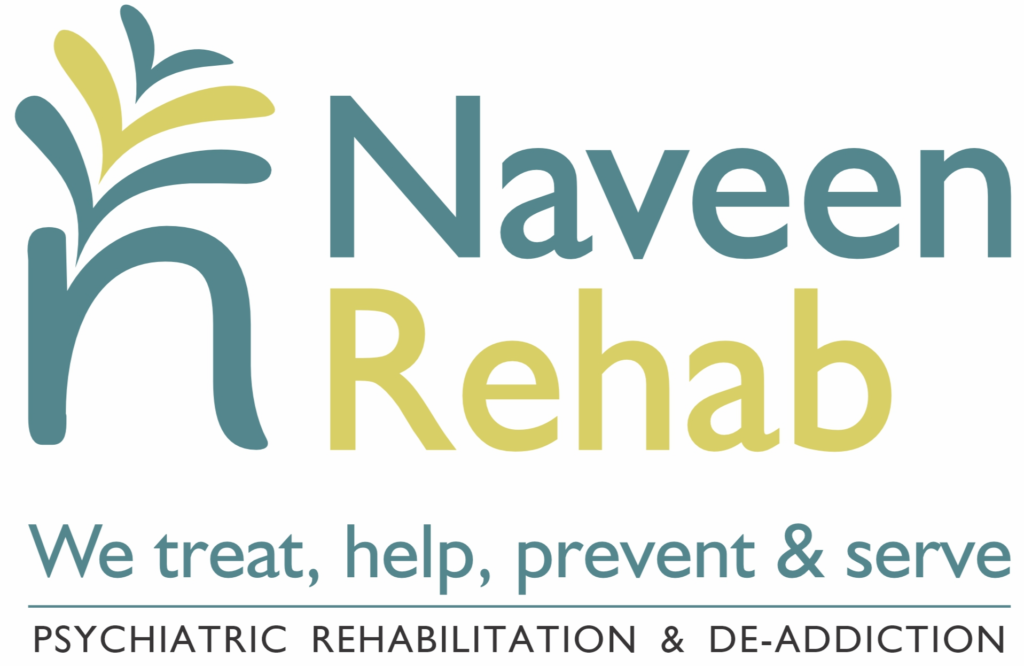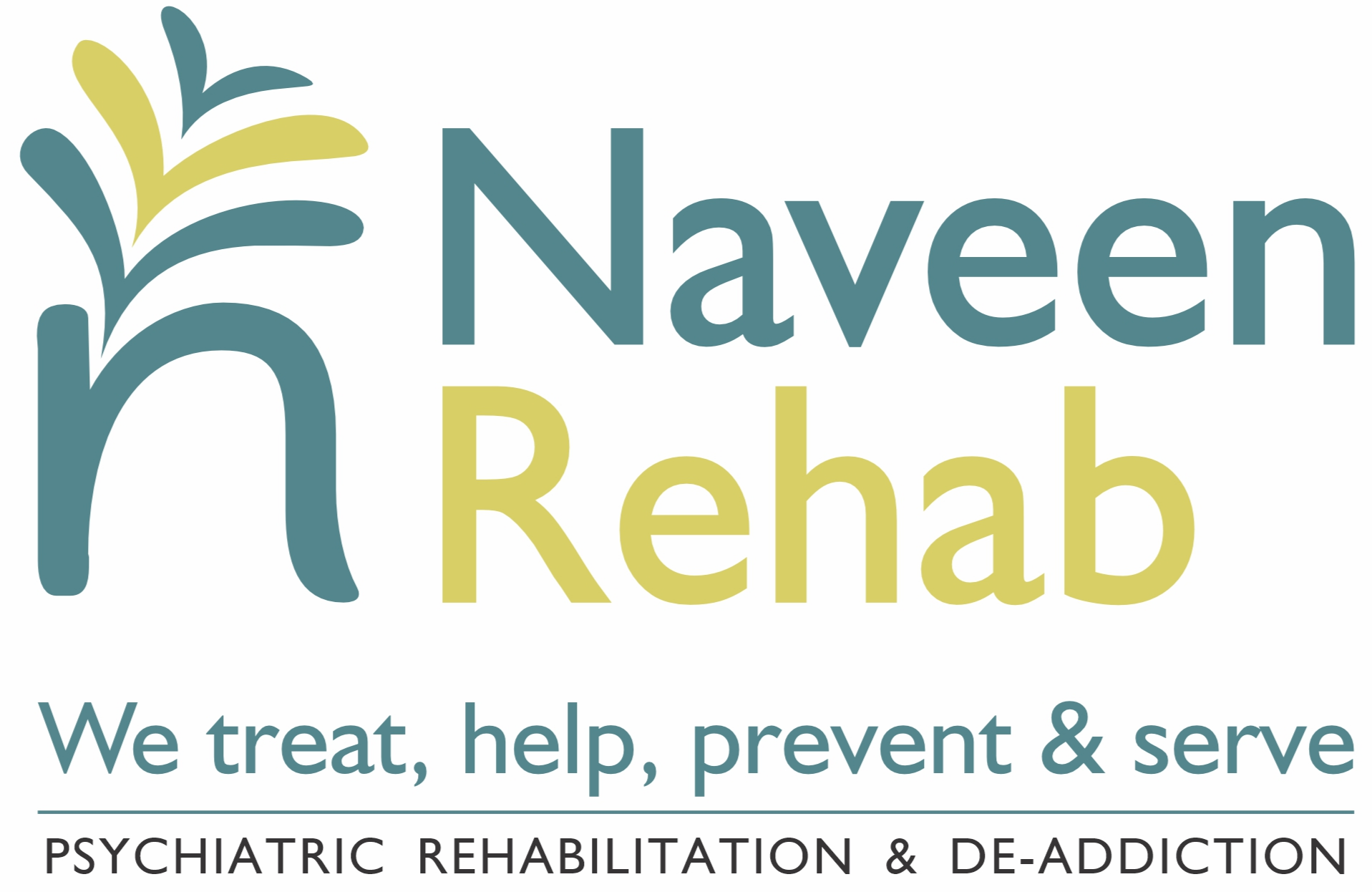Eating Disorders
Battling an eating disorder can feel daunting and solitary, but you don’t have to go through it alone. Naveen Rehab can help you find hope and healing.

Eating Disorders Treatment @ Naveen
Naveen Hospital is one of Coimbatore’s leading Eating Disorder Treatment centers, and we are equipped to help people deal with different types of eating disorders. Our eating disorder specialist team includes dieticians, nurses, therapists, nutritionists, psychologists, psychiatrists, and several other professionals with tons of experience under their belt dealing with eating disorder treatment. Whether you’re just starting by visiting your primary care practitioner or any mental health professional, you’ll get benefitted from the eating disorder treatment program at our center.
Every expert at Naveen Hospital is highly qualified and experienced to deliver Eating Disorder Treatment and recovery. When you first visit our Eating Disorder Treatment center, you will meet one of our expert professionals, who will conduct a detailed assessment, and talk about the process involving eating disorder treatment. A specialist will then closely work with you to tailor the eating disorder treatment plan that will provide you with the best therapy for your eating disorder. You will find that all of our programs at our Eating Disorder Treatment center are highly flexible and enable you to adapt as you go along, and show progress. Your treatment can be either scaled down or scaled up, based on what you need at every stage of your recovery phase.
- What?
- Why?
- How?
An eating disorder is a serious mental health condition that involves severe disturbances in eating behaviors and related thoughts and emotions. Eating disorders can have a devastating impact on physical and mental health, and can even be fatal.
There are several different types of eating disorders, including:
The exact causes of eating disorders are not fully understood, but they are thought to be caused by a combination of biological, psychological, and environmental factors.
Genetics: Some people may be more likely to develop an eating disorder if they have a family history of the condition.
Brain chemistry: Changes in brain chemicals, such as serotonin and dopamine, may play a role in eating disorders.
Hormones: Changes in hormones, such as during puberty, may also contribute to eating disorders./
Low self-esteem: People with eating disorders often have low self-esteem and may view themselves negatively.
Perfectionism: People with eating disorders may be perfectionists and may set unrealistic expectations for themselves.
Family and peer pressure: Family and peer pressure can also contribute to eating disorders. For example, if a family member or friend is struggling with an eating disorder, it may make it more likely that someone else in the family or group will develop one.
Some of the most common symptoms of eating disorders include:



